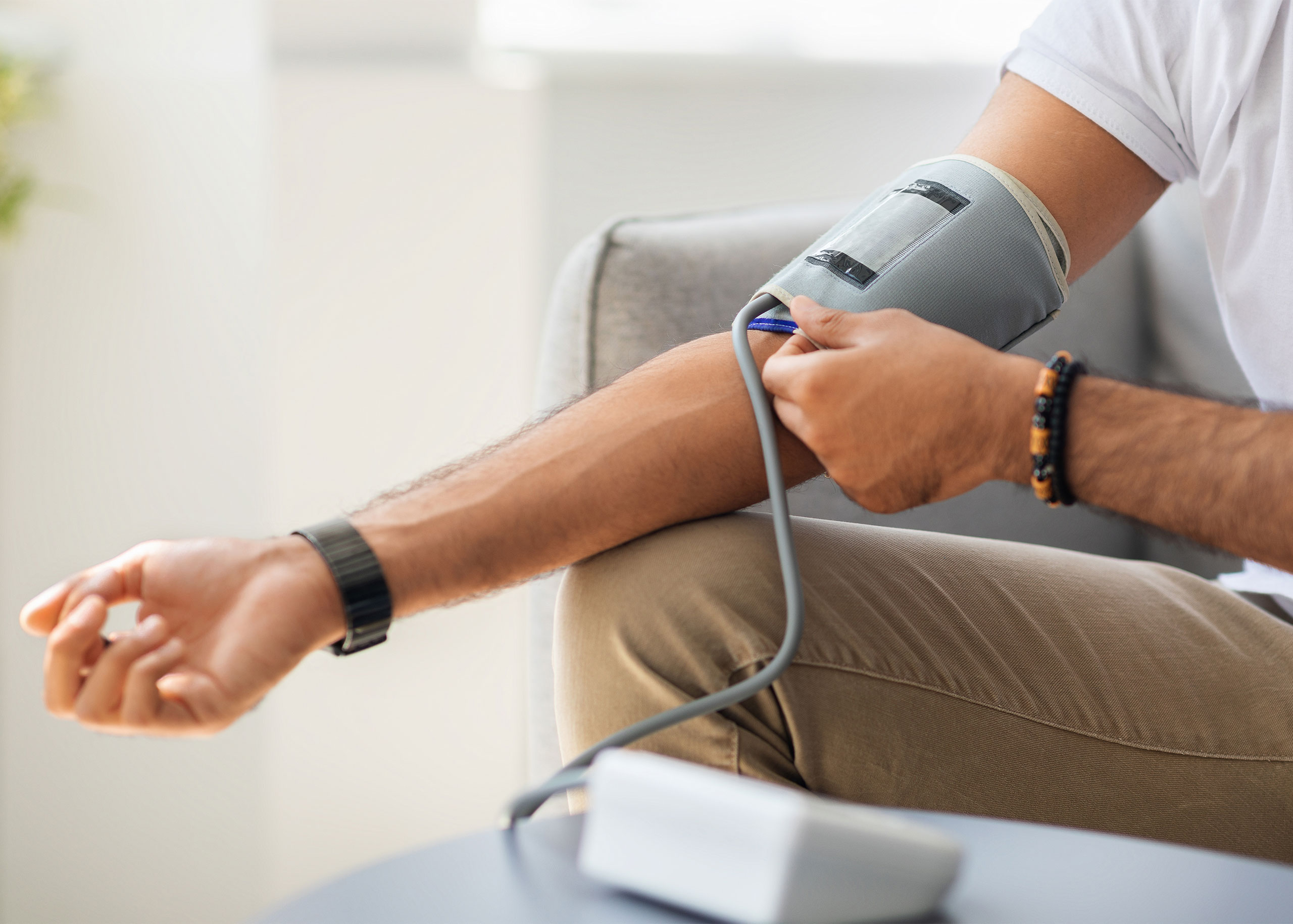-
Anesthesiology
-
Cardiology
-
Dietetics and Nutrition
-
Emergency Clinic
-
General and Laparoscopic Surgery
-
Gynecology and Obstetrics
-
Hand Surgery
-
Hematology
-
Hip Surgery
-
Internal Medicine
-
Joint Replacement
-
Knee Surgery
-
Laboratory
-
Neurology
-
Neurosurgery
-
Oncology
-
Orthopedics and Sports Medicine
-
Pain Management
-
Pediatric Orthopedics
-
Physiotherapy
-
Plastic, Aesthetic and Reconstructive Surgery
-
Scoliosis Surgery
-
Shoulder Surgery
-
Spine Surgery
-
Sports Orthopedics
-
Vascular and Endovascular Surgery
Our team of expert Cardiologists at Burjeel Hospital for Advanced Surgery, Dubai, provides comprehensive care for preventing, treating, and monitoring cardiovascular disease. We offer a unique combination of advanced diagnostic tests and procedures, including ultrasounds, and advanced echocardiography to treat coronary artery disease, heart failure, arrhythmia, and other heart and vascular conditions
Dizziness
Shortness of Breath or Difficulty Breathing
Chest Pain or Discomfort
High Blood Pressure
Fatigue or Low Energy
Rapid or Fast Heartbeat
Heart Attack
Heart Failure
Atherosclerosis
Arrhythmia
Cardiomyopathy
Angina or Chest Pain
Coronary Artery Disease
Congestive Heart Disease
Pericarditis
Ventricular Tachycardia
Heart Murmurs
Congenital Heart Diseases
Changes in Heart Rhythm and Rate
Frequently Asked Questions (FAQs)
Our Cardiology Department provides a full range of services, including:
– Heart disease screening and diagnosis
– ECG, echocardiography, and stress testing
– Cardiac catheterization and angioplasty
– Treatment for hypertension, arrhythmias, and heart failure
– Preventive cardiology and cardiac rehabilitation
You should consult a cardiologist if you experience:
– Chest pain or discomfort
– Shortness of breath
– Irregular heartbeat or palpitations
– High blood pressure
– Dizziness or fainting
A family history of heart disease
Early detection and management of heart issues are key to preventing complications.
Yes. We focus on preventive cardiology to help patients reduce the risk of heart disease through:
– Lifestyle counseling
– Cholesterol and blood pressure management
– Smoking cessation programs
– Heart screenings based on risk factors
– Weight and diabetes control
Warning signs of a heart attack include:
– Chest pain or pressure
– Pain radiating to the left arm, jaw, or back
– Shortness of breath
– Cold sweats or nausea
– Sudden fatigue or dizziness
If you experience any of these, seek emergency medical care immediately.
Our team uses a combination of:
– Lifestyle and dietary changes
– Medication management
– Regular blood pressure monitoring
– Identifying and treating underlying causes
Uncontrolled high blood pressure increases the risk of stroke, heart attack, and kidney disease, making proper management essential.
We use advanced technology, including:
– Electrocardiogram (ECG)
– Echocardiogram (ECHO)
– Treadmill stress testing
– Holter monitoring
– Cardiac CT and MRI
– Coronary angiography
These tools help us diagnose and track heart conditions accurately and safely.
To schedule a consultation, you can:
– Use the online booking system on our website
– Visit our Outpatient Department directly
Our care coordinators are here to help with appointments, referrals, and insurance queries.
Book Appointment with our Experts
Blogs

Understanding and Managing High Blood Pressure: A Comprehensive Guide
Read more
The Link Between Stress and Heart Disease: Tips for a Calmer, Healthier Life
Read more
Heart-Healthy Eating: 10 Foods to Boost Your Cardiovascular Health
Read more









